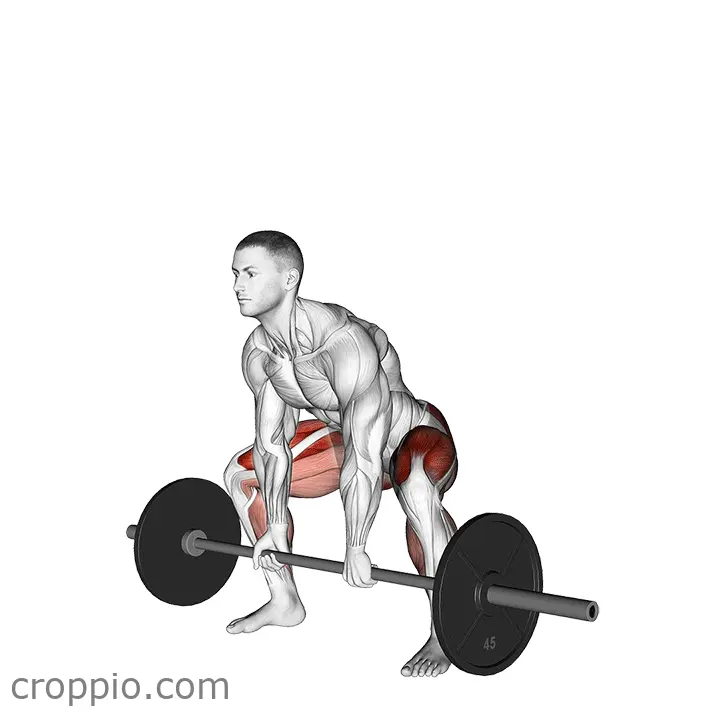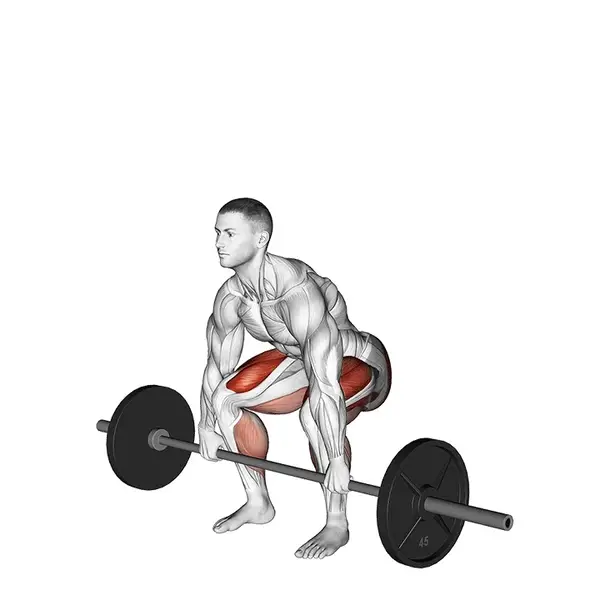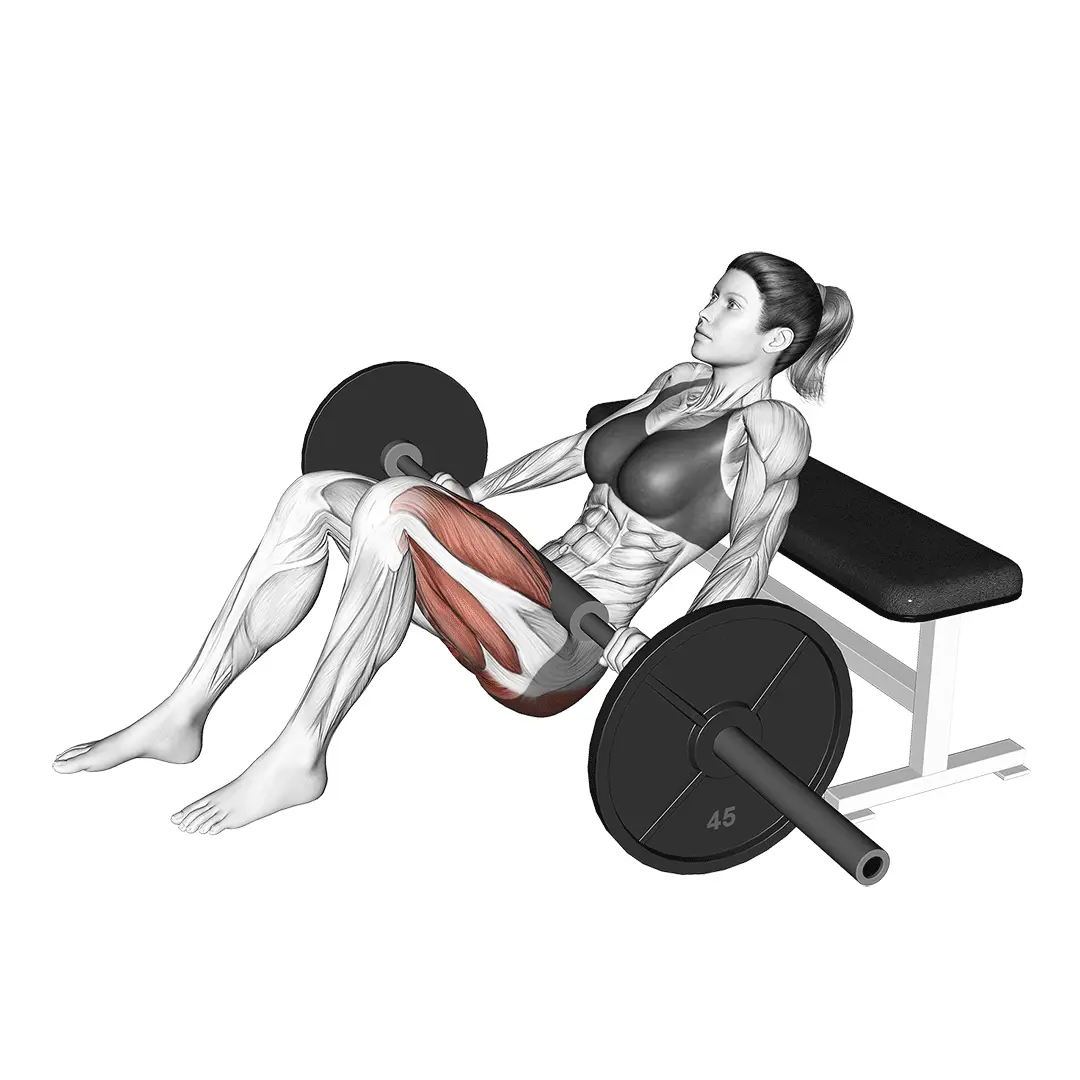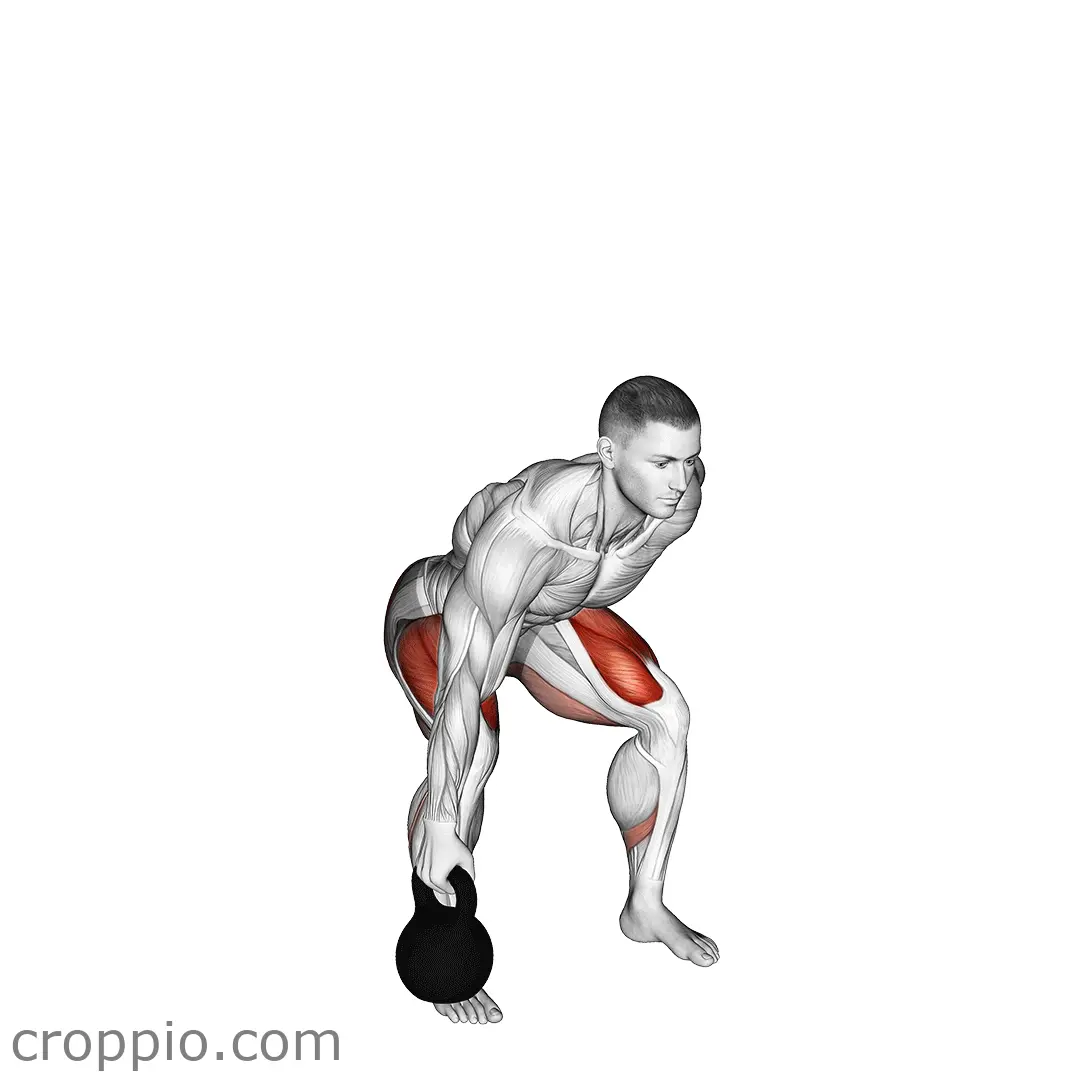Cable Pull Through
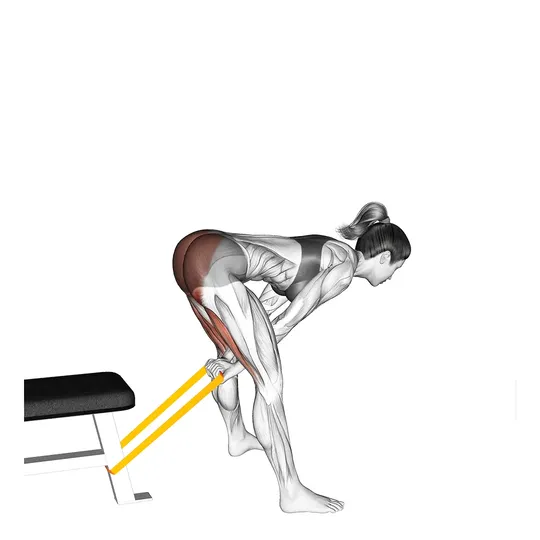
Latest Videos
Cable Pull Through Workouts
Similar exercises
Description
The Cable Pull Through is an excellent exercise designed to target the posterior chain, primarily focusing on the glutes, hamstrings, and lower back. This movement is a variation of hip hinge exercises and boasts the advantages of continuous tension provided by the cable machine, making it a popular choice for those looking to enhance their lower body strength and aesthetics. The Cable Pull Through helps in developing functional strength and improving posture, ensuring a balanced musculature in the lower body.
Muscles Involved
- Gluteus Maximus
- Hamstrings
- Erector Spinae
- Core Stabilizers
- Adductors
Top Mistakes
- Overextending the back: Rounding or excessively arching the back can lead to injury and ineffective training.
- Using arms excessively: Letting the arms dominate the movement will take focus away from the target muscles.
- Insufficient hip hinge: Failing to hinge properly at the hips diminishes the benefits of the exercise.
- Incorrect weight selection: Choosing a weight that is either too heavy or too light can negatively affect form and results.
Execution Tips
- Set the cable pulley to a low position and attach a rope or handle.
- Stand facing away from the machine with feet shoulder-width apart, holding the cable with both hands between your legs.
- Engage your core and hinge at the hips, allowing the cable to pull your arms forward.
- Keep your back straight and let your hips move backward as you lower your torso.
- Powerfully engage the glutes as you drive your hips forward, pulling the cable while returning to the starting position.
- Focus on control: both when lowering and lifting—avoid jerky movements.
Workouts
Incorporating the Cable Pull Through into your routine can maximize lower body workouts. Try pairing it with the following exercises:
- Deadlifts (Romanian or standard)
- Squats (any variation)
- Hip Thrusts
- Lunges (forward, reverse, or side)
Conclusion
The Cable Pull Through is a powerful and effective exercise for building strength in the posterior chain. By focusing on proper execution and avoiding common mistakes, you can fully reap its benefits. Regularly including this exercise in your workout routine not only enhances muscular strength but also contributes to improved balance and posture, leading to better overall performance in various athletic endeavors.




